Does Retinol Deserve The Hype?
“I regret taking good care of the skin- Said no one ever”!
Have you heard about this gold-star ingredient- retinol? Don’t know what the fuss is about in the beauty industry that all are focusing on Retinol when it comes to addressing the skin issues? Worry not, we shall unfold all the reasons why Retinol deserves all the limelight it gets.
Beauty Brands have adopted Retinol as a potent ingredient and incorporated it in various forms like creams, serums, gels, etc. It contains a myriad of benefits like collagen-boosting properties, anti-aging properties (the main reason why it is so well known), along promisingly youthful and flawless skin.
Almost every expert is excited about retinol. Thanks to its benevolent properties of providing loads of benefits to the skin that dermatologists consider it to be the #No. 1 Anti-aging Ingredient.
Let us have a deeper understanding of what retinol is!
The Science of Skin
Our skin is very young, soft, and supple when it is in its infant stage but it starts to face issues as we age and are exposed to an outer world full of dirt, impurities, and pollutants. The continuous exposure to harmful Sun and other environmental stressors causes the skin to develop wrinkles, fine lines, sun spots, age spots, blemishes, etc.
Now, getting a little technical on this part- our skin possesses fibroblast cells. These cells are responsible for collagen development, elastin development, cellular turnover, and hydration. To be more precise, our skin depends upon these four things for its optimum health and well-being.
As we age, our skin starts to switch these fibroblast cells off or maybe those four things to stay viable to keep the skin healthy, and thus the skin seems to experience the “aging-signs”. Therefore, all the beauty products that you must apply to your skin must be with these things in mind. And, this is exactly where Retinol comes into the picture. Let us learn how!
What is Retinol?
Retinol is a derivative of Vitamin A, one of the vitamins that are essential for optimum functioning of the body. This comes under a compound called retinoids- chemical derivatives of Vitamin A. Being a topical form, retinol is applied on the skin to experience its benefits like reduced wrinkles, the appearance of fine lines, improve skin health, treat acne, and much more.
Other forms of Retinoid include Retinoic Acid- but it is quite a strong form that is only available if prescribed by a healthcare professional. On the other hand, retinol is on the softer side of the spectrum that has least to no side effects on the user. It achieves the same results on the skin as retinoic acid. Retinol is comparatively less harsh and suitable for people with sensitive skin.
As we discussed above that our skin cells have fibroblast cells, Retinol acts on those cells as a powerful stimulator. Thus, it results in improved collagen, improved elastin, efficient cell turnover, and better hydration. Moreover, it also boosts the production of Hyaluronic acid in our skin to retain and provide additional hydration.
All this results in skin that is lustrous, glowy, healthy, and radiant. Being universally beneficial for several individuals and their skin issues, it is one of the most sought-after ingredients in the beauty industry.
Is Retinol Similar to Retinoids and Vitamin A?
Retinoids are an umbrella term for a chemical derivative of vitamin A and it is of course not similar to either Retinol or Vitamin A. They all are different compounds. Different forms of retinol are suitable for different skin types or varying skin issues. Retinol is available in varying concentrations like 0.3 to 0.5 or 1 % and 2% too but it is less common.
Retinoids and Retinols are a derivative of the same vitamin A but they are different. Retinoids are more potent on the skin compared to Retinols. The former is classified under pharmaceutical products whereas the latter is available under cosmeceuticals. You need a prescription to buy Retinoid and you can get Retinols over the counter without a prescription.
Retinol is effective for your skin and is considered the perfect place to start with if you want to introduce retinoids to your skin. Thus, it all narrows down to choosing the right retinol product and of the appropriate condition and getting rid of the skin issues.
How does Retinol Work?
Both Retinoids and Retinols endeavor to turn back the clock of aging- which means that it aims to bring back the lost glow, shine, and vibrancy to the skin. Speeds up the cellular turnover and thus helps in creating new, young, and healthy cells.
As we know that aging causes a decline in the potency of developing collagen and elastin. Moreover, the skin gets thin and becomes frail leading to wrinkles, sunspots, and other easily visible damages.
The retinol on application helps in uplifting the skin making it bouncy. It helps in the thickening of the epidermis by boosting the cell proliferation level. Consequently, it leads to the boosted production of other chemicals like Hyaluronic acid (a compound found in the skin responsible for hydration). Also, Retinol interacts with the skin and helps in boosting collagen development besides inhibiting the collagen breakdown in the skin.
All these together lead to plump, and moist skin along what better collagen and elastin development. Retinol also blocks the inflammatory pathways that aim to prevent the formation of acne and pimples. Are you ready to include retinol in your skincare routine? If yea, then scroll up and learn how!
Is Retinol Only for Anti-aging?

Yes, Retinol is the top tested ingredient for anti-aging by dermatologists. But, it has a multitude of other benefits. Therefore, it is not restricted to the people who have aged, this ingredient can be used by both men and women since their mid-20s. Why? Simple- “Prevention is better & cheaper than cure”.
Incorporating retinol in your early adulthood helps in swaying away from many skin issues that might arise as you age and expose yourself to environmental aggressors. So, Retinol is not only for anti-aging but also corrects the skin tone, texture, and appearance prevents acne, treats sun spots, age spots, blemishes, pigmentation, dark spots, and so much more than any other normal person in their 20s would face.
How to Incorporate Retinol in Your Skincare Routine?
Several Retinol products are available on the market. However, the best one is to choose a Retinol Serum! The serum enters the deeper layers of the skin to treat the cell from within and bring that natural glow. It is efficacious in treating acne and pimples.
So, how do we get started with Retinol Serum? After deciding that you are about to buy a retinol serum, it is time to decide what issues you are willing to address, and what concentration will your skin require.
Use Retinol regularly but not daily, consider alternative nights! You will enjoy the best of the benefits of this ingredient. Now, you must be wondering why nighttime?
During day time, the skin is busy to protect itself from several environmental stressors. And, applying retinol during the day will bring reverse effects as the Sun is the enemy of this compound. Thus, your skin will end up irritated, inflamed along with other damages. Therefore, Retinol is recommended to be used at night time only and not only during the day. Next, you might know that your skin is in rest mode during night time and therefore, applying the serum at this time will help the skin in revitalization. Moreover, it intensely repairs the skin endeavoring to prevent and protect a wide
How to Apply Retinol?
Experts recommend that a pea-size amount is enough for your entire face and only twice a week for start. You may include Retinol in your nighttime skincare routine 15 minutes before hitting the bed.
Moreover, applying retinol on your face will also help in boosting facial blood circulation as you massage the serum on the face on every application. This enhances the glow and radiance on your face.

If you find the retinol to be a little irritating to your skin (as it might feel at first), then you can apply a hydrating moisturizer on top of it in a five minutes gap. This does not mean that you are allergic to this ingredient- it happens only because you are introducing your skin to this and it will adapt with regular usage and bring out the exact desired results!
Now, as you learned so much about Retinol today, you’re ready to adopt it in your skincare routine- I know I am!



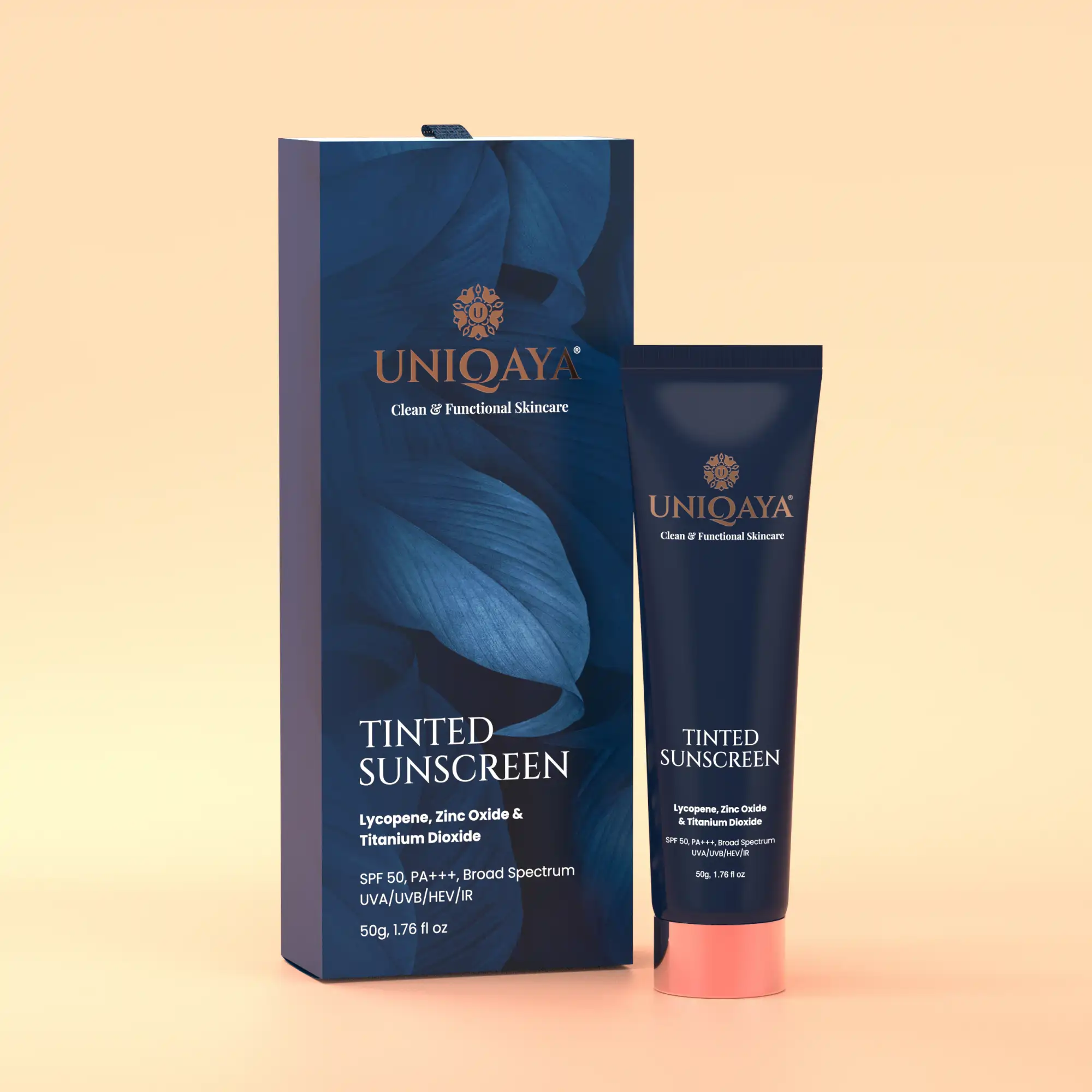
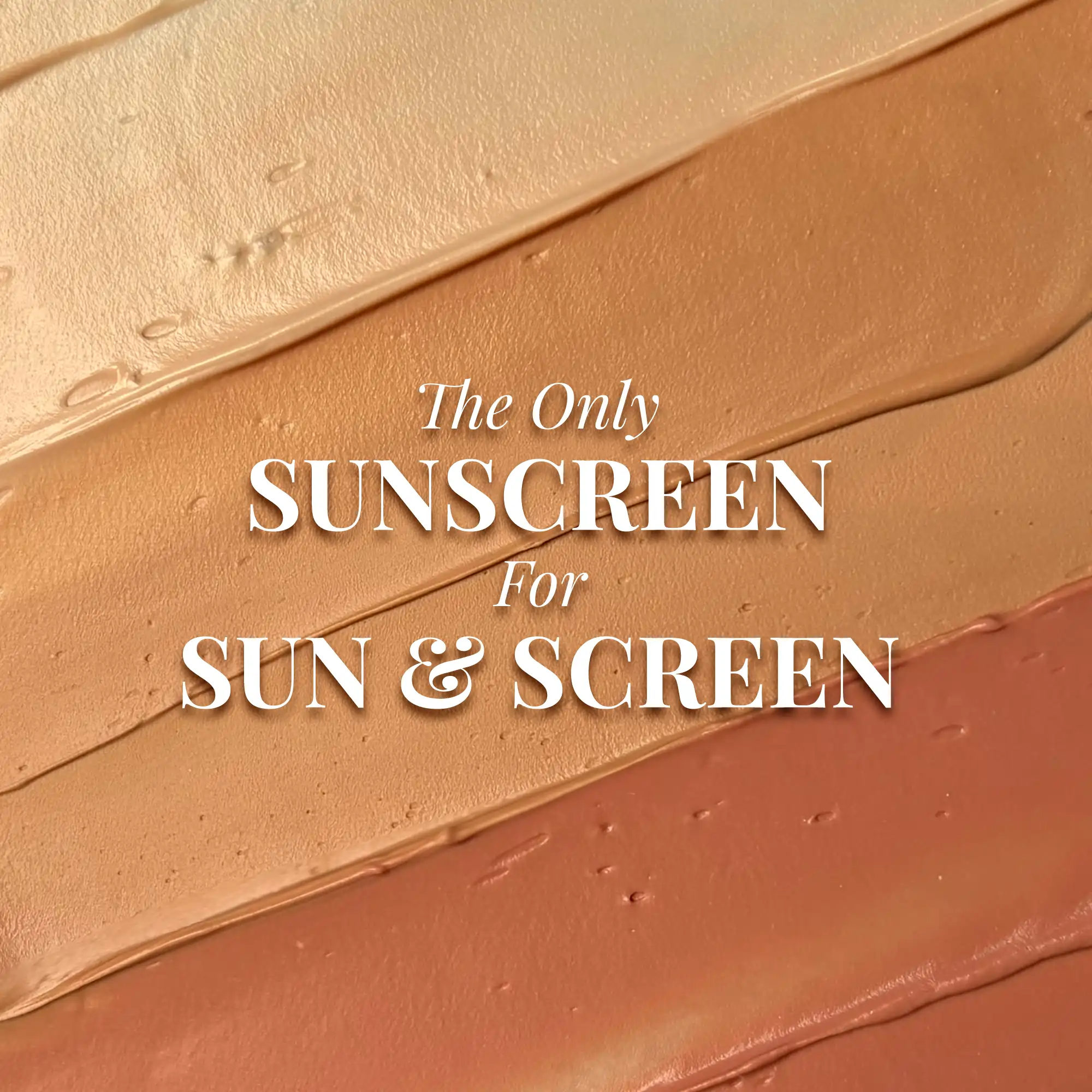
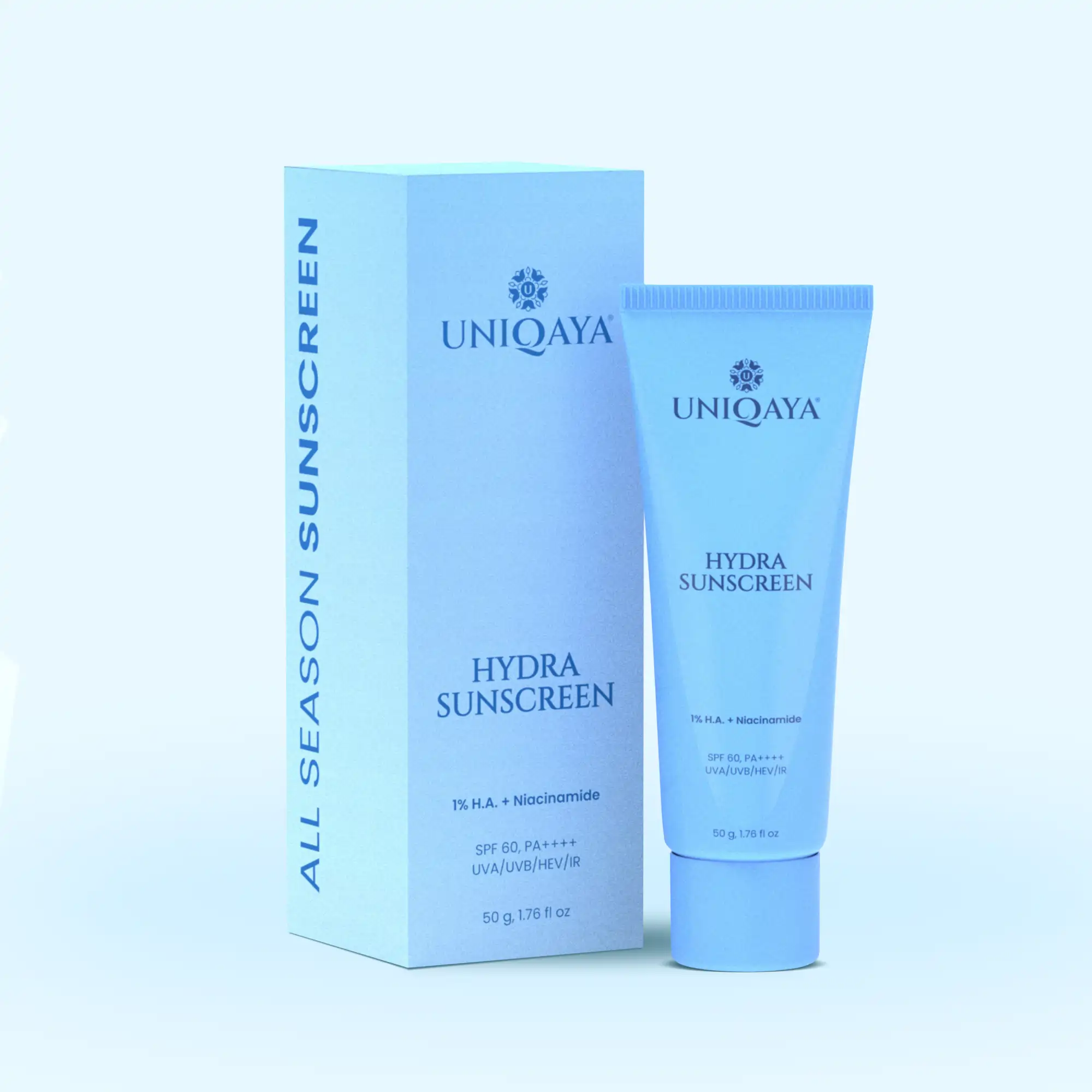
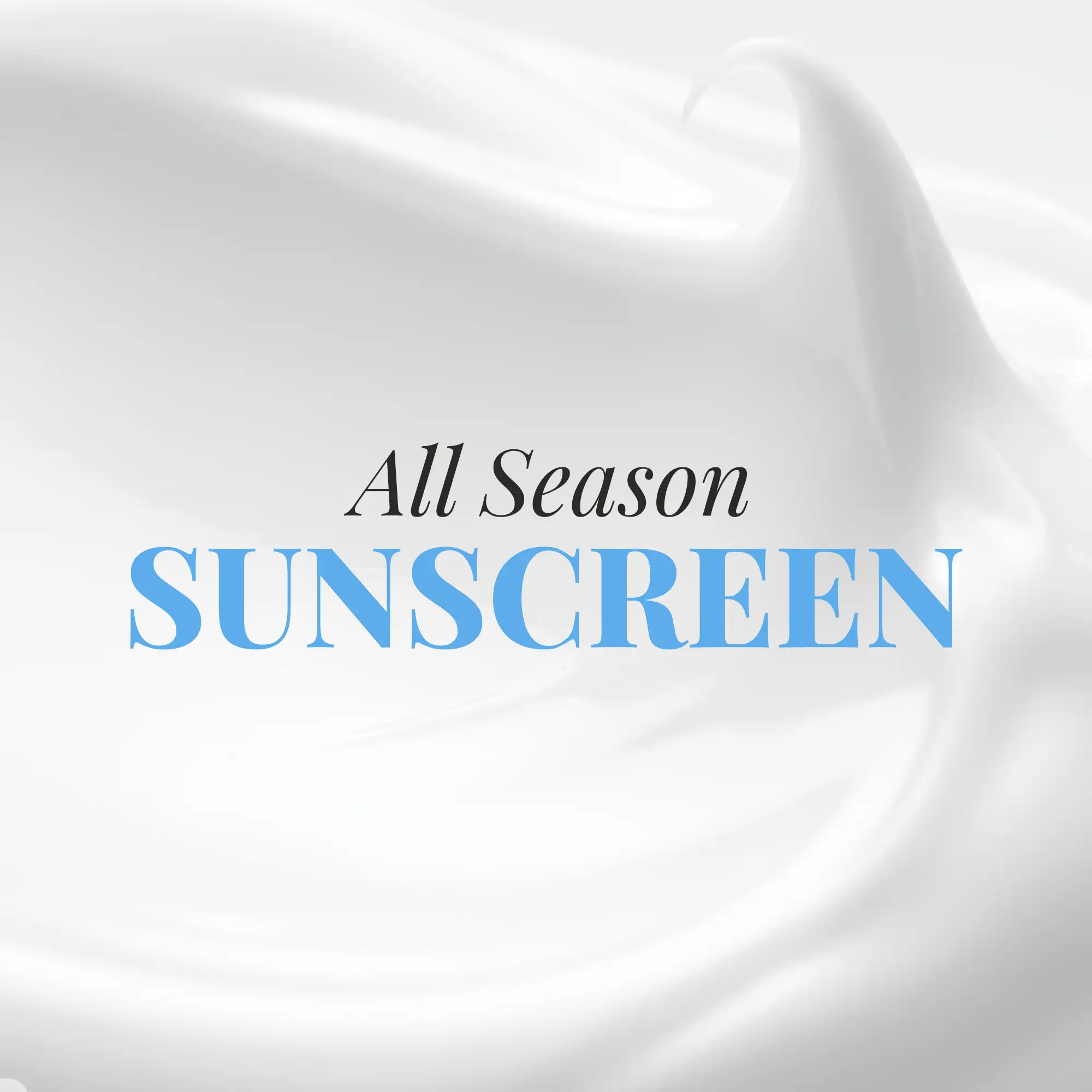
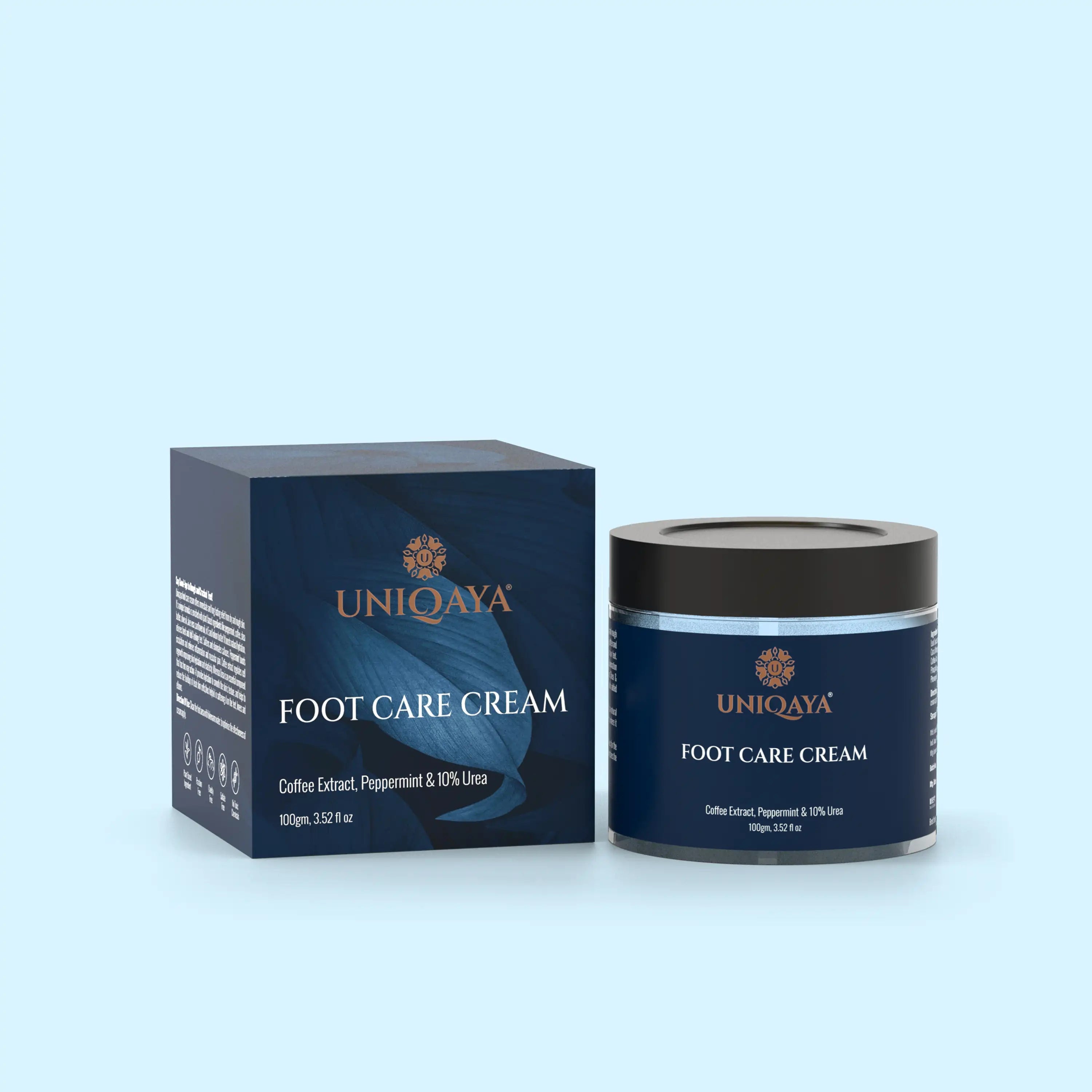
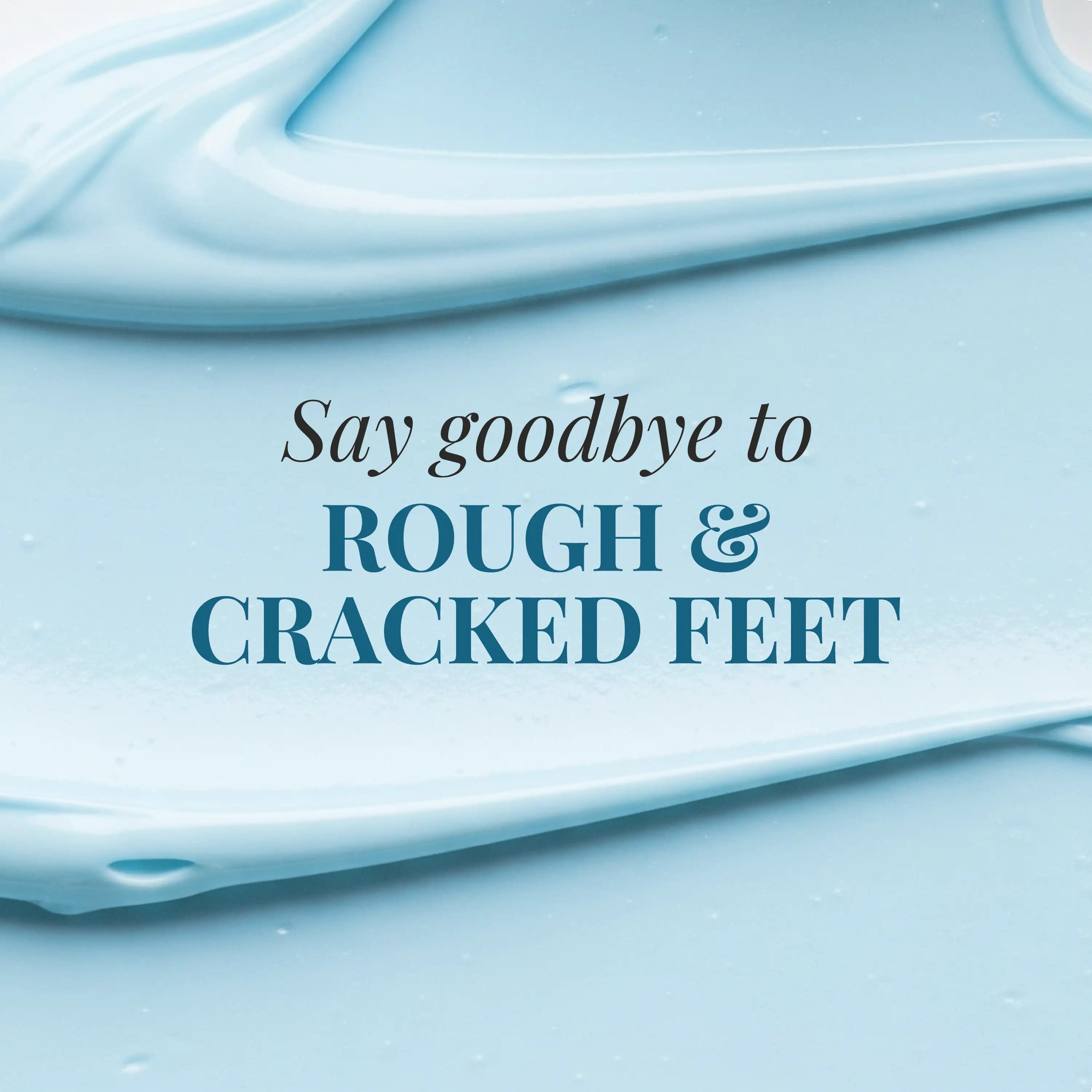
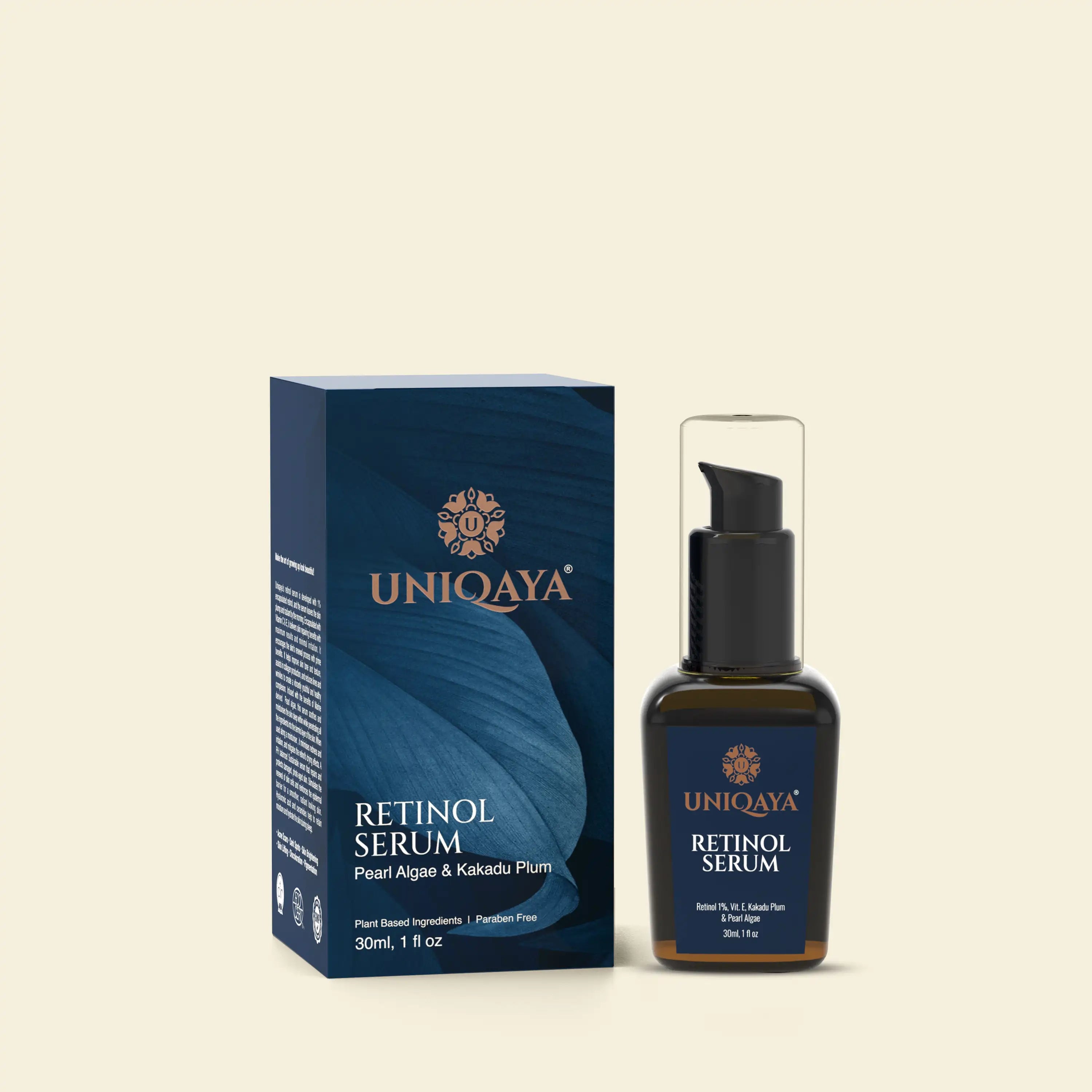
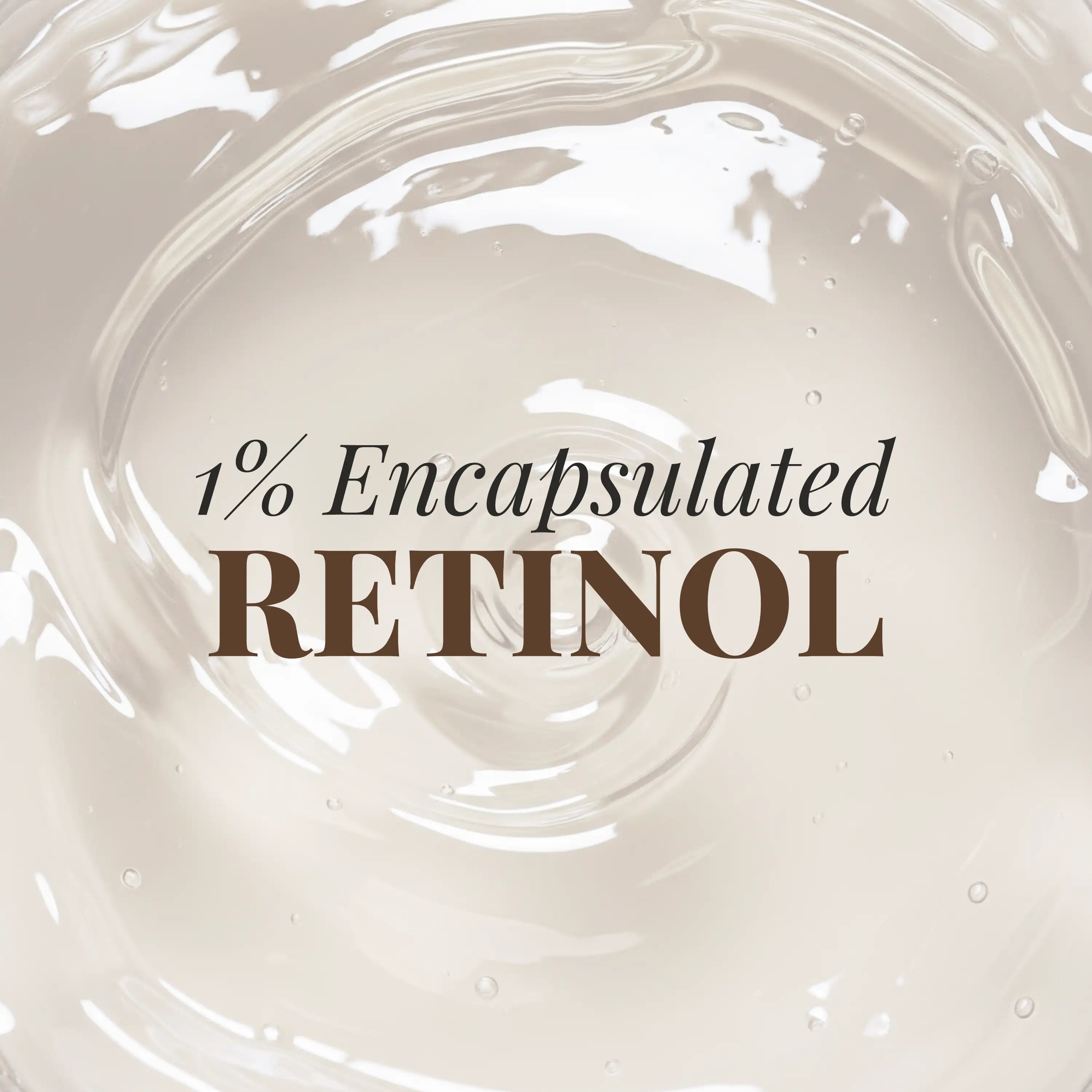
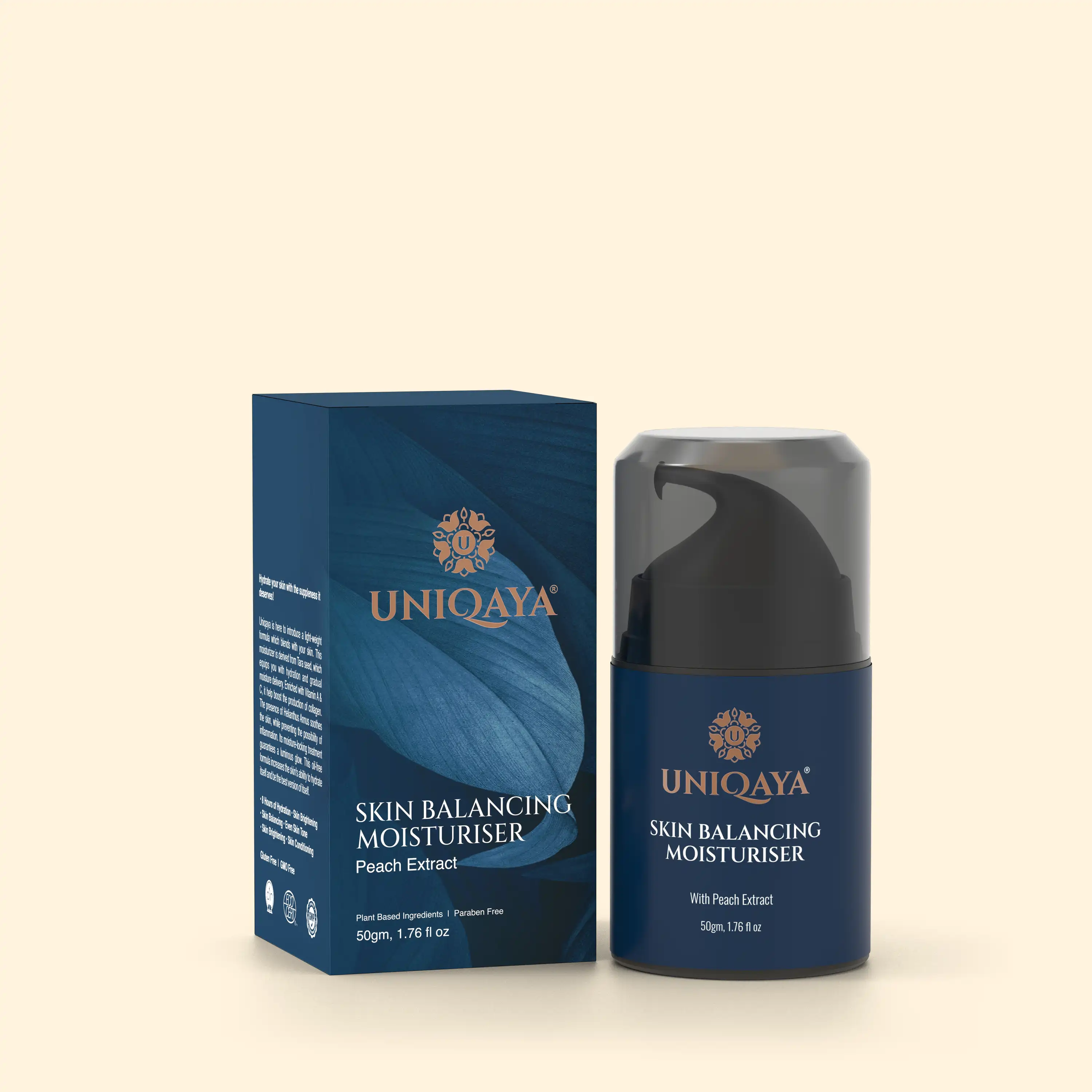
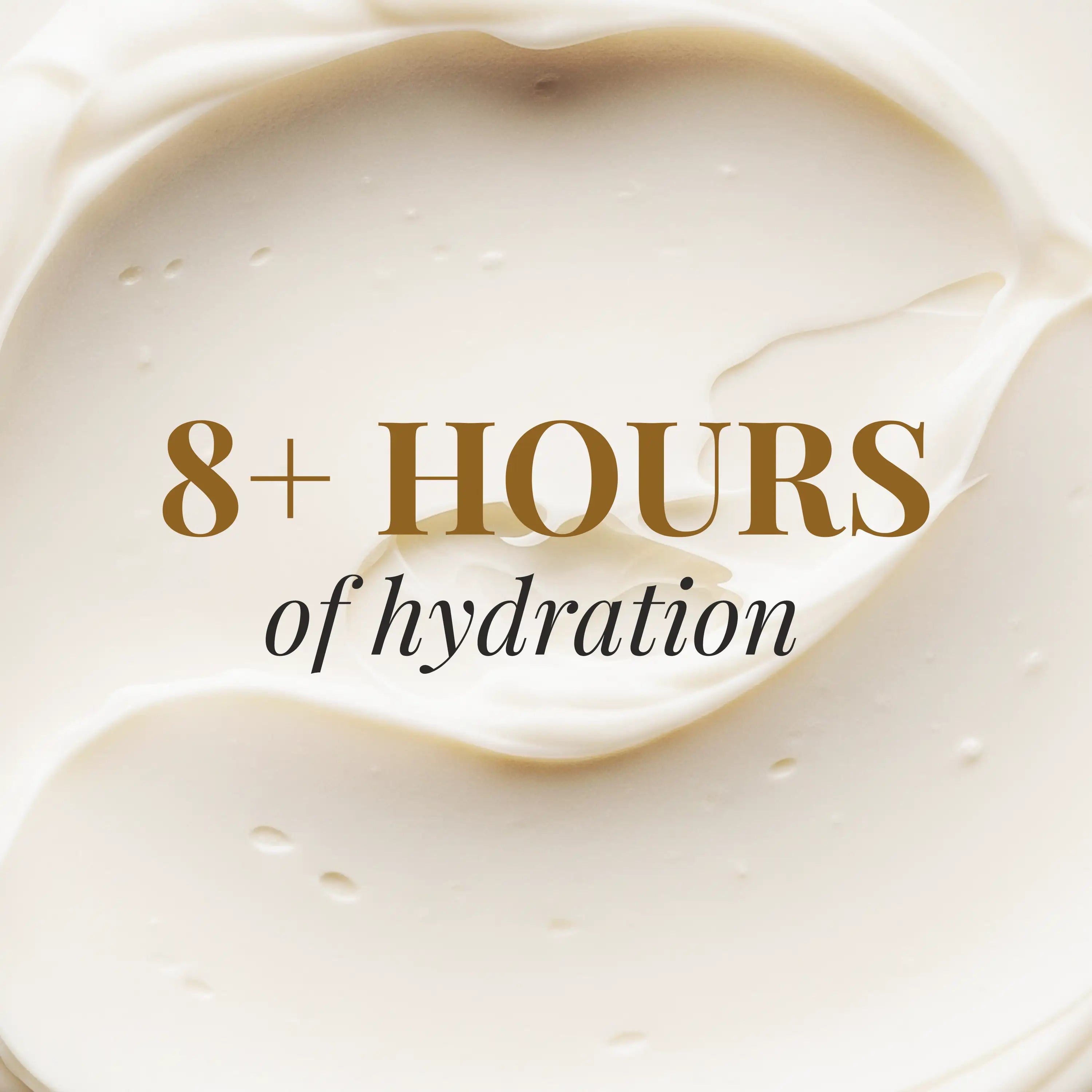
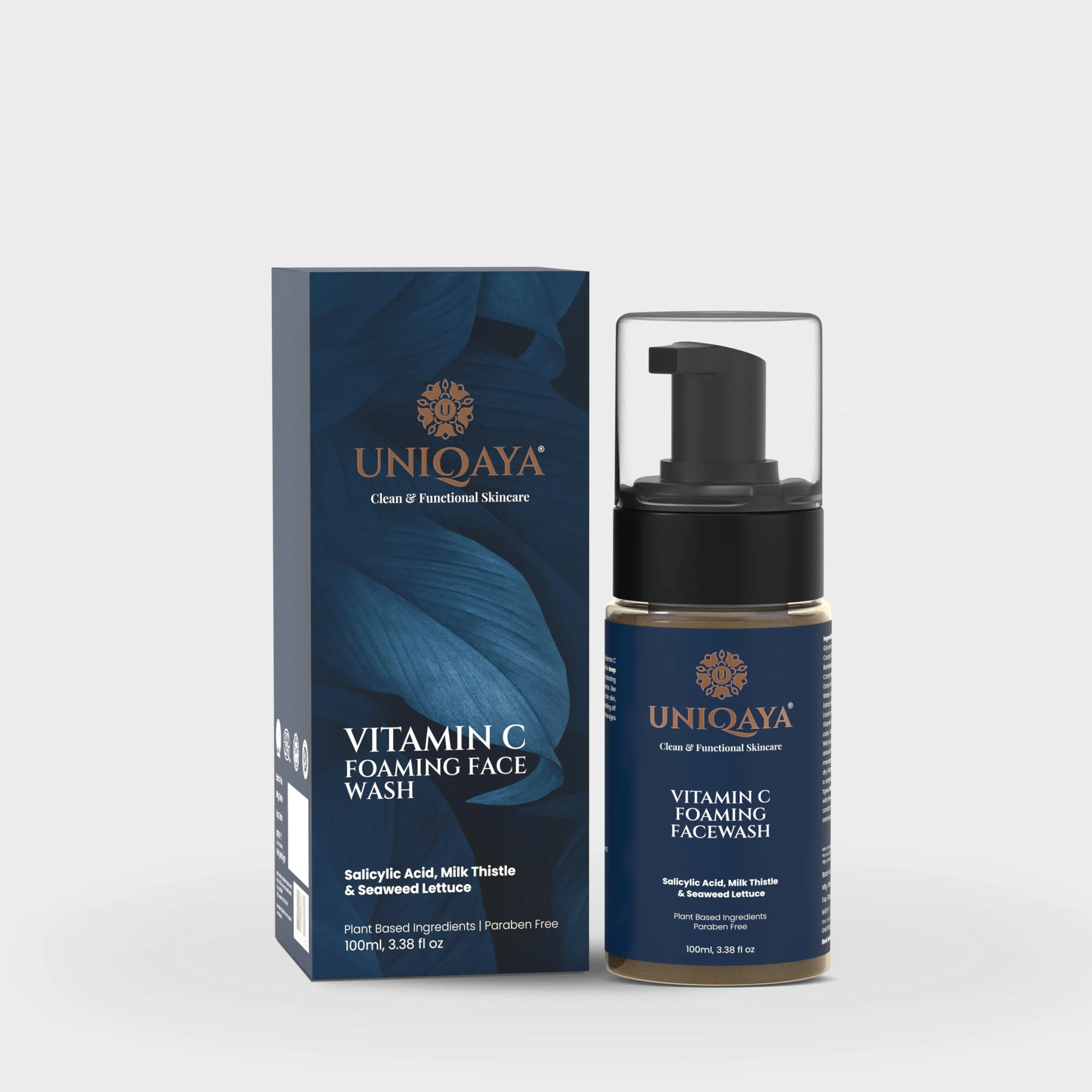
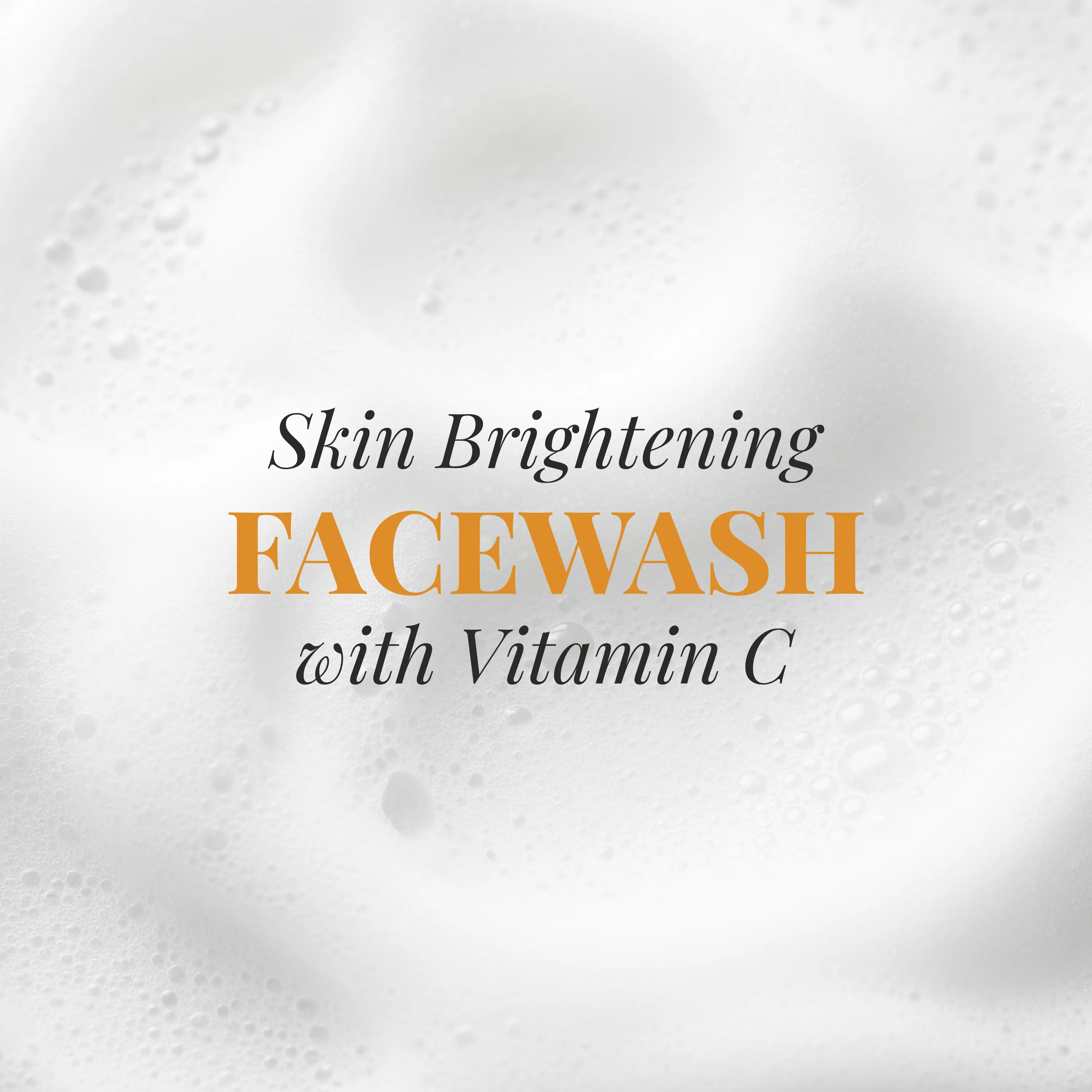
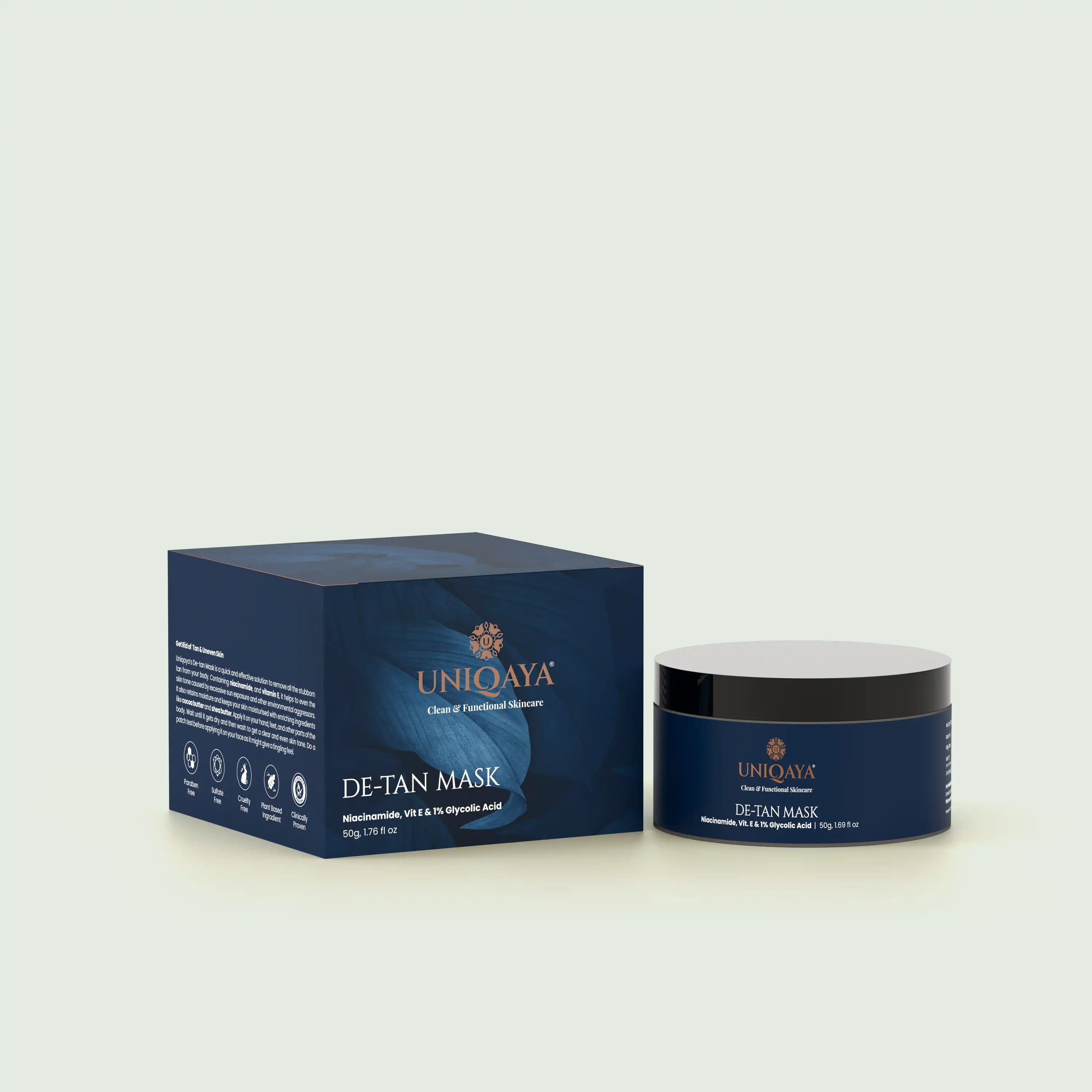
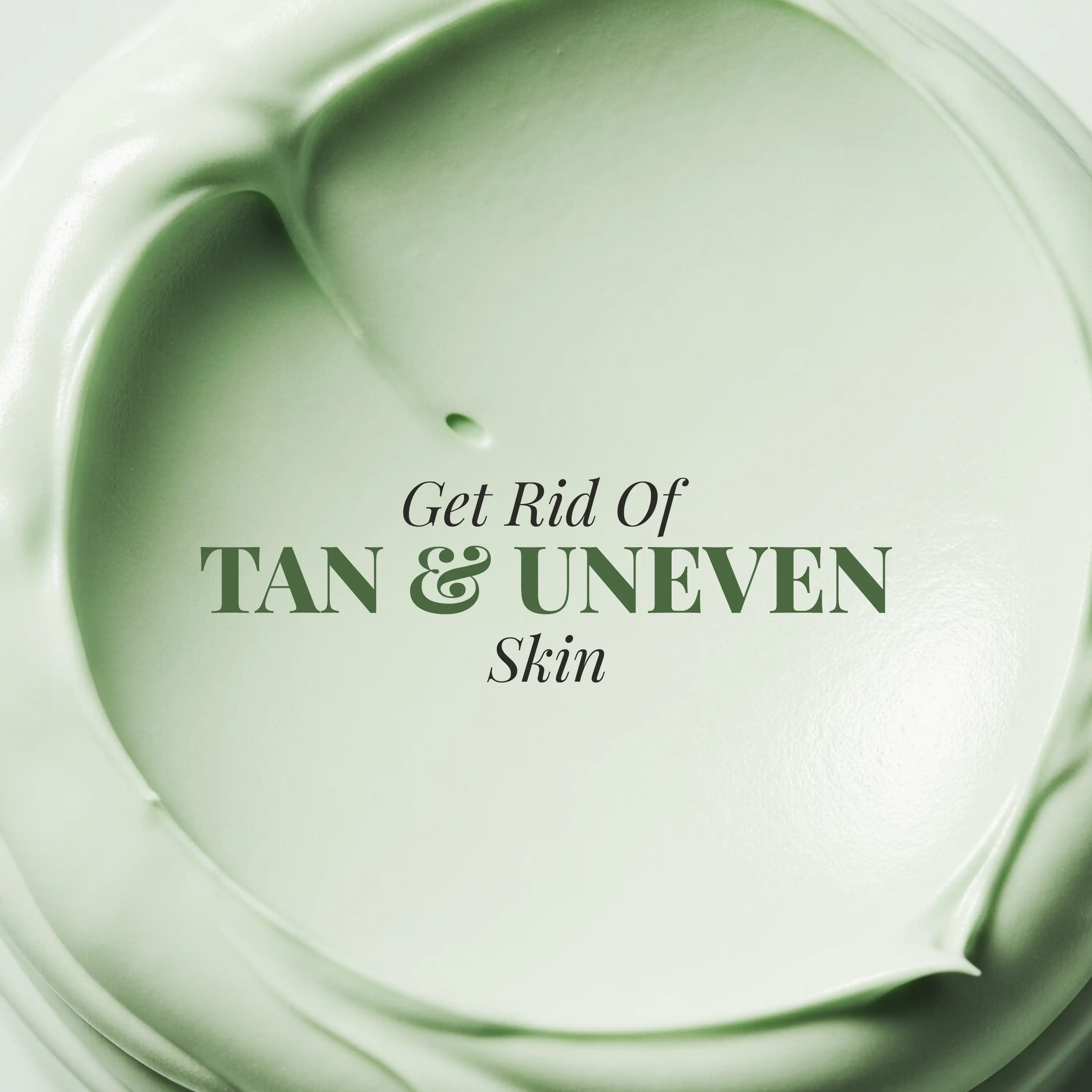
Leave a comment